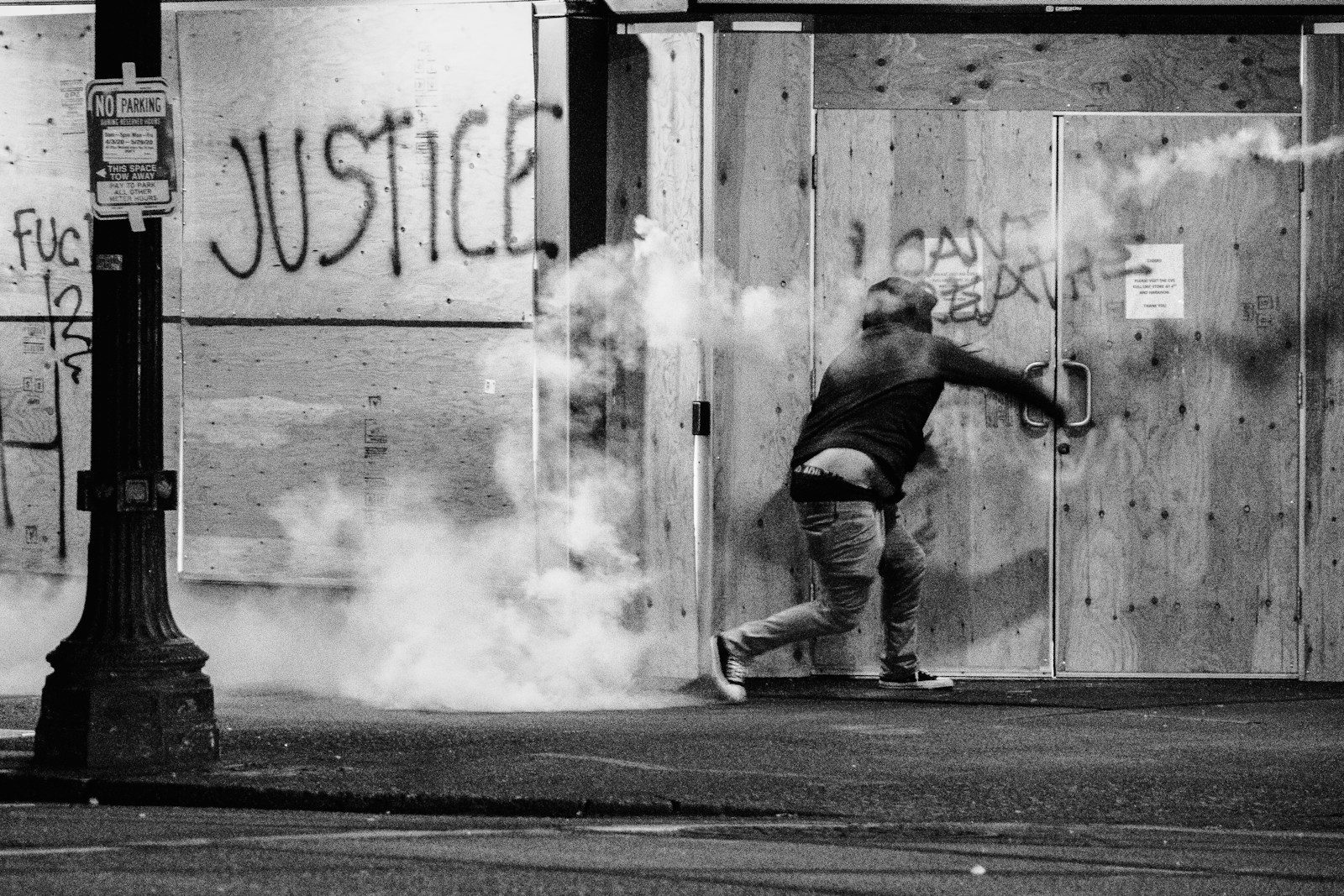As the dust settles from Venezuela’s recent presidential election, the European Union (EU) has provided a critical assessment of the electoral process, highlighting the ongoing challenges facing the nation. High Representative Josep Borrell’s recent statement highlights both the commendable aspects of Venezuelan civic engagement and the significant shortcomings of the electoral system. In this blog post, we explore the implications of these recent elections for democracy in Venezuela.
The heart of the problem: voter engagement
The EU welcomes the determination of the Venezuelan people to exercise their democratic right to vote, stressing the crucial role of civic participation in a healthy democracy. Despite serious political and economic instability, citizens’ willingness to vote reflects a desire for change and a commitment to democratic principles.
However, Borrell notes that this determination comes in a context of an uneven playing field, where the participation of the opposition has been complicated by various systemic challenges. The EU recognises the efforts of opposition groups to engage in the electoral process in these difficult circumstances, stressing that the will of the people must be respected and defended.
Lack of transparency: a call for clarity
One of the most pressing concerns highlighted in the EU statement is the lack of transparency of the election results. As Borrell rightly pointed out, the announced election results cannot be considered representative of the will of the people until there is a full publication and verification of all official documents from the polling stations.
In order to build trust in the electoral process, the EU urges the Venezuelan Electoral Council (CNE) to prioritise transparency, calling for immediate access to voting records and the publication of disaggregated election results. This call for clarity is crucial to restore confidence in the electoral system and address the grievances of Venezuelan citizens who feel disenfranchised.
Defects and irregularities: a worrying trend
Despite Venezuelans’ commitment to participate in the electoral process, credible reports indicate that the elections were marred by irregularities. The EU regretted that the key recommendations of the 2021 EU Election Observation Mission were not taken into account. These recommendations aimed to address fundamental issues affecting electoral integrity, such as obstacles to opposition candidates, deficiencies in the electoral register and unbalanced access to the media.
These flaws not only tarnish the credibility of the elections, but also reinforce the perception of a political landscape heavily biased against the opposition, raising concerns about the future of democracy in Venezuela.
Human rights concerns: a dark cloud over the process
Borrell’s statement does not shy away from addressing the worrying human rights situation in Venezuela during the electoral process. Reports of arbitrary detentions and intimidation of opposition members and civil society activists highlight a climate of fear and repression that permeates the political arena.
The EU strongly advocates for the immediate release of all political prisoners, stressing that a genuine democracy can only exist with respect for human rights and freedoms. The call for calm and respect for the right to peaceful assembly is essential as tensions rise in the aftermath of the elections.
A hopeful way forward: dialogue and engagement
Despite the challenges highlighted during the electoral process, the EU remains committed to supporting political and diplomatic efforts aimed at fostering dialogue and finding a peaceful solution to the political crisis in Venezuela. Borrell’s statement reiterates the EU’s support for regional and international initiatives aimed at restoring the democratic legitimacy of Venezuelan institutions.
In these uncertain times, a collaborative and peaceful approach remains essential to guide Venezuela toward a more democratic and just future.
Conclusion: Navigating the Future of Venezuelan Democracy
The recent presidential election in Venezuela has highlighted many systemic issues that require urgent attention. While the determination of the Venezuelan population to vote is a bright spot, it is overshadowed by significant electoral irregularities and human rights violations. The EU’s strong stance on transparency, respect for political rights and the need for constructive dialogue underlines the complex challenges ahead.
Under the watchful eye of the international community, the next steps for Venezuela will be crucial in defining its path to democracy. With sustained engagement and commitment to democratic principles, it is possible for Venezuela to navigate these turbulent waters and emerge as a strong, democratic nation that truly reflects the will of its people.
Originally published in The European Times.
source link eu news













